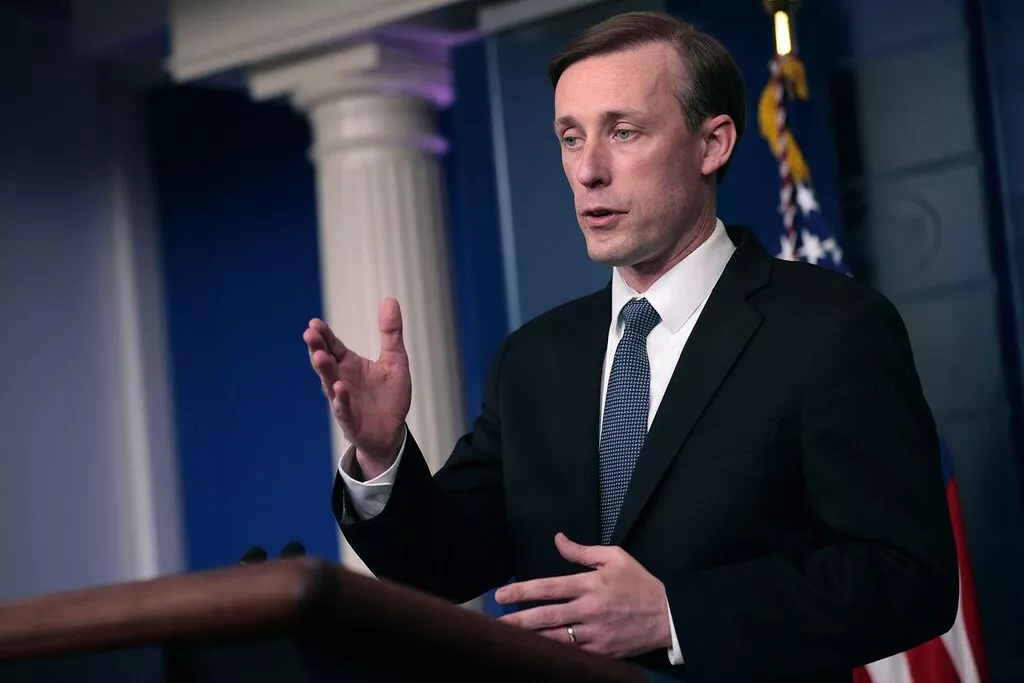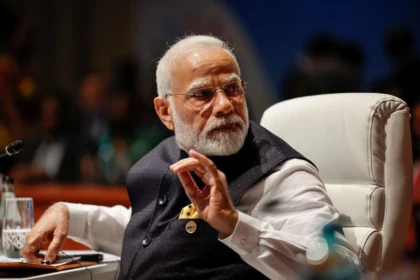On Monday, the White House said that the United States was not in a situation to take on the role of a negotiator between Saudi Arabia and Iran but added that China’s struggles to “promote de-escalation” in the territory were not “adverse” to American interests.
On Friday Saudi Arabia and Iran announced a landmark deal brokered by China to re-establish diplomatic relations and reopen embassies after seven years of boosted anxieties, supporting opposing sides in regional conflicts and supporting differing parties in political rows across the Middle East.
When White House national security adviser Jake Sullivan was asked about how Washington viewed Beijing’s role in brokering the normalization agreement, he said that we were not in a position to be a mediator between Saudi Arabia and Iran given our relationship with those two countries.
So, from our perspective, even as we have put a lot of diplomatic muscle into trying to help promote de-escalation, as with the Yemen truce, having other countries like China promote de-escalation is not fundamentally adverse to US interests and frankly it’s in a way rowing in the same direction.
We were not in a position to be a mediator between Saudi Arabia and Iran given our relationship with those two countries. We never have been, and we aren’t in such a position today.”
Jake Sullivan added.
However, Sullivan highlighted that the US thought the understanding reached between Iran and Saudi Arabia was a “positive” development for the Middle East. He said that we think this is something positive in so far that it promotes a goal the US has been promoting in the region, which is de-escalation and reduction in tensions. That is a good thing.
He also said that Saudi Arabia was keeping the United States in the loop regarding the developments of the negotiations that we were in close touch with Saudi Arabia as they were approaching and engaging in those talks, and they were keeping us apprised of their progress along the way.




